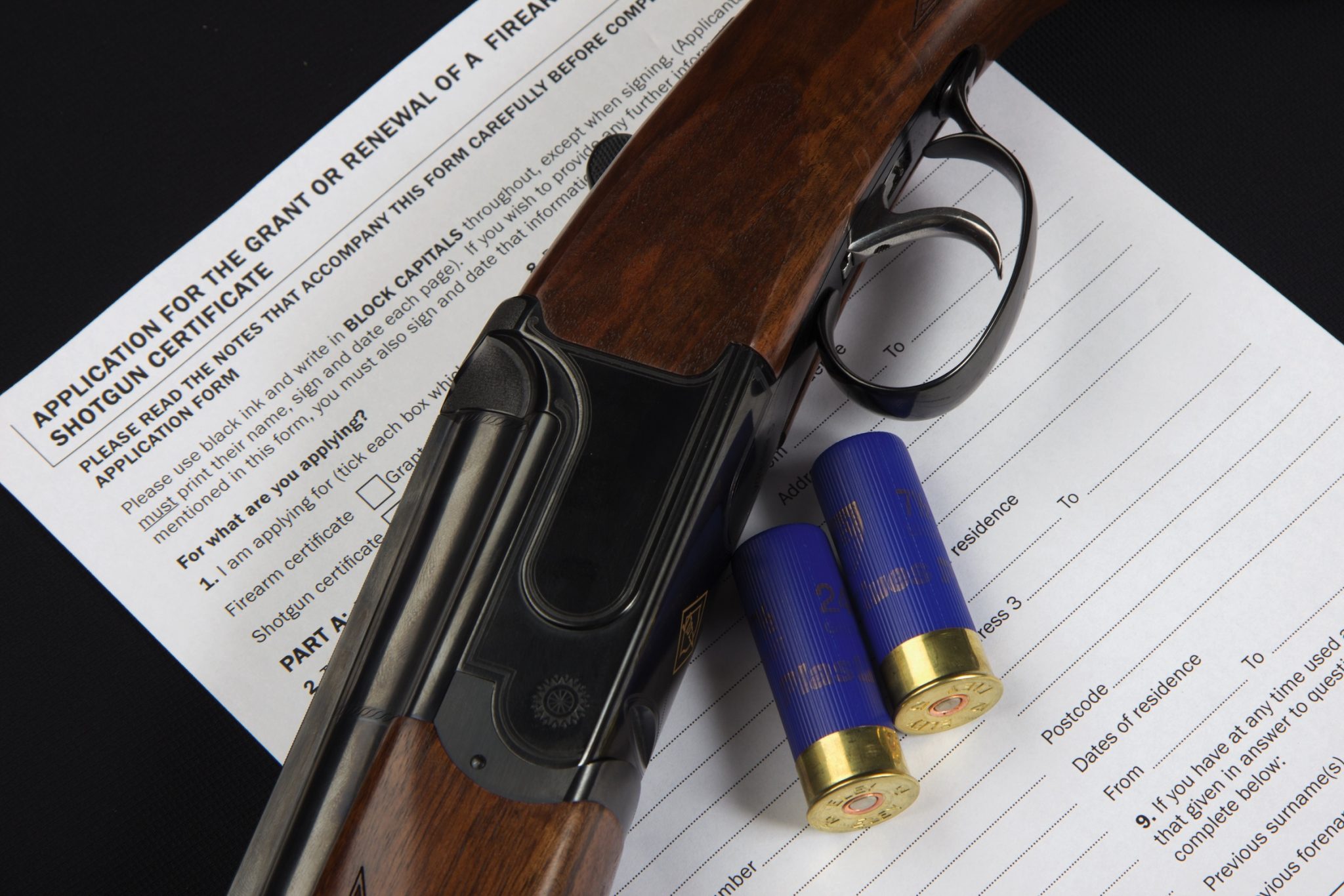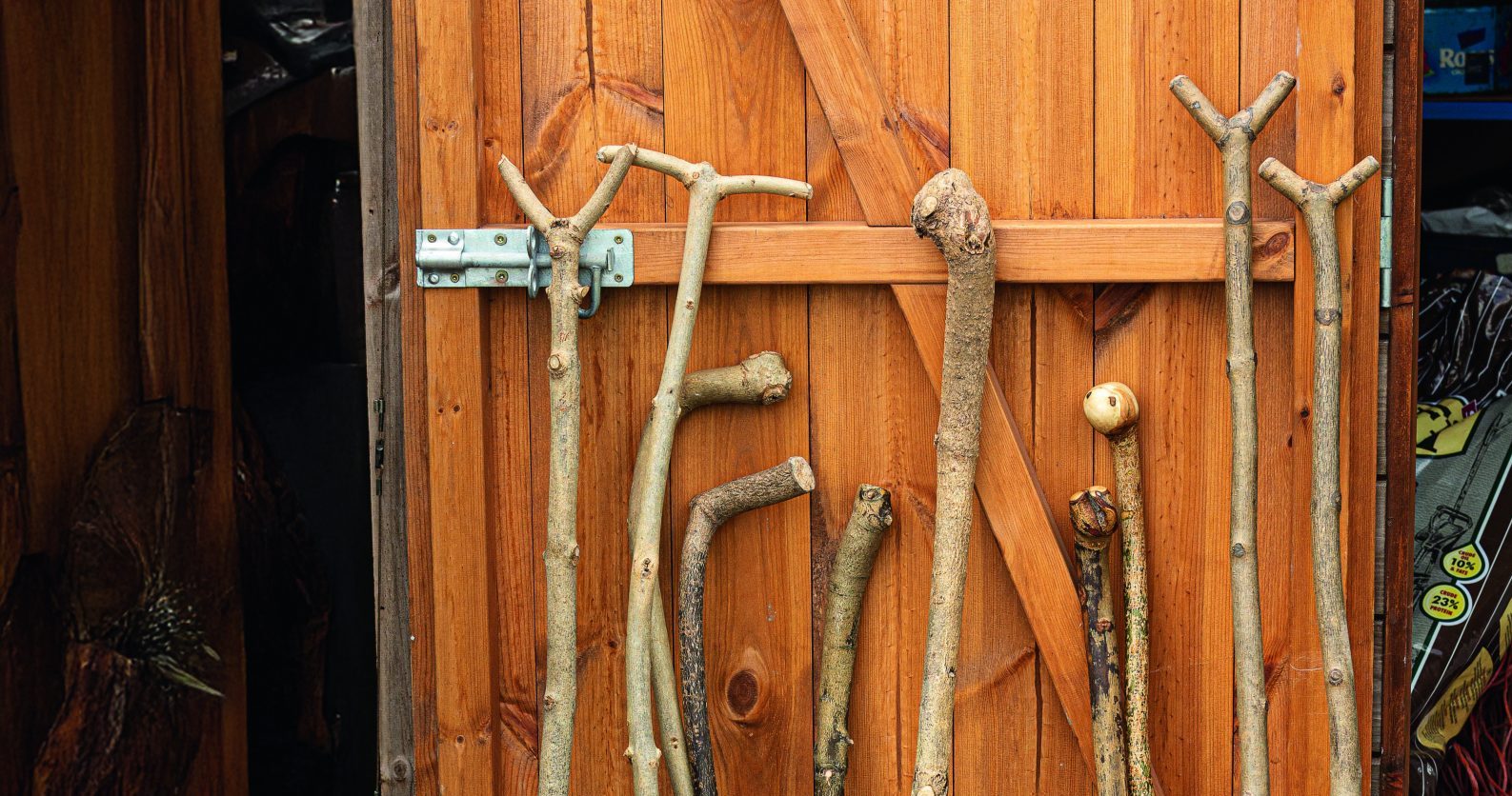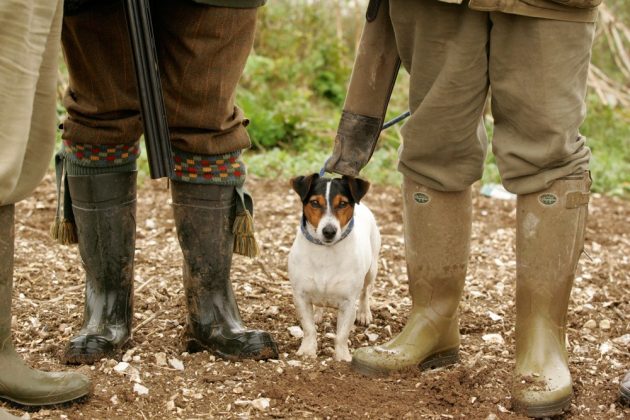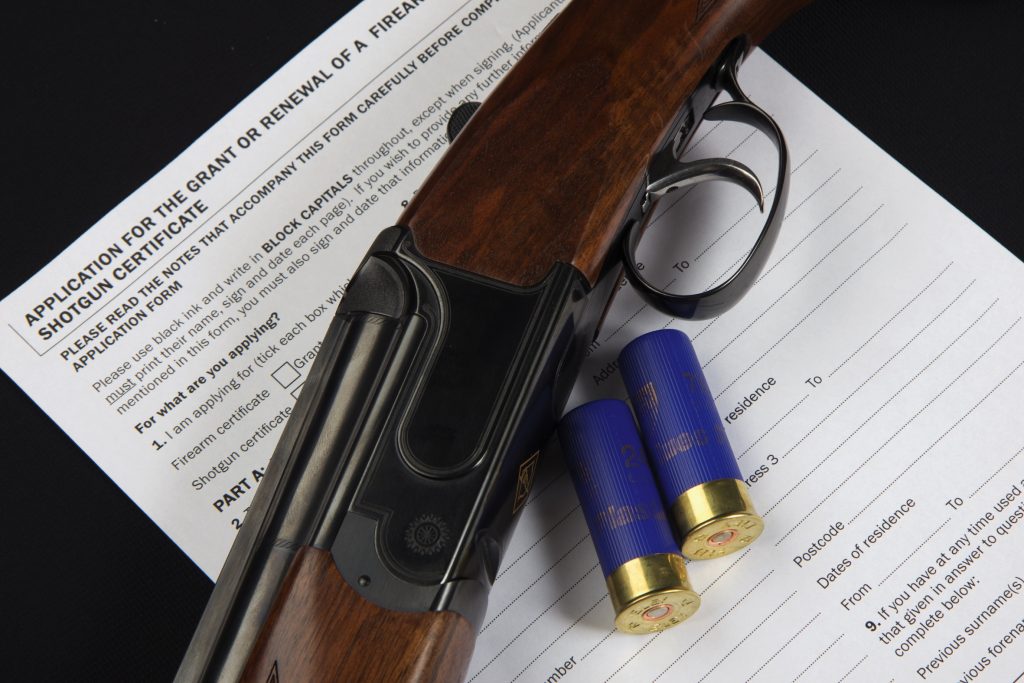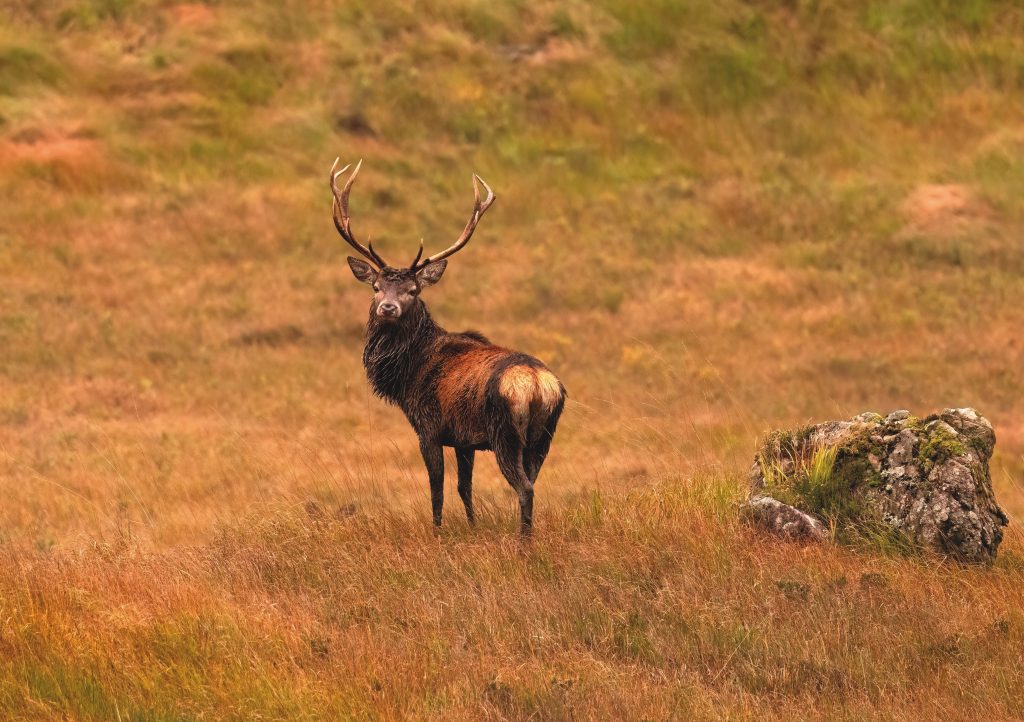Win CENS ProFlex DX5 earplugs worth £1,149 – enter here
BASC is here to help on release licences
High bird flu levels have led Defra to be overcautious about licensing but BASC is lobbying for more flexibility, reveals Conor O’Gorman.
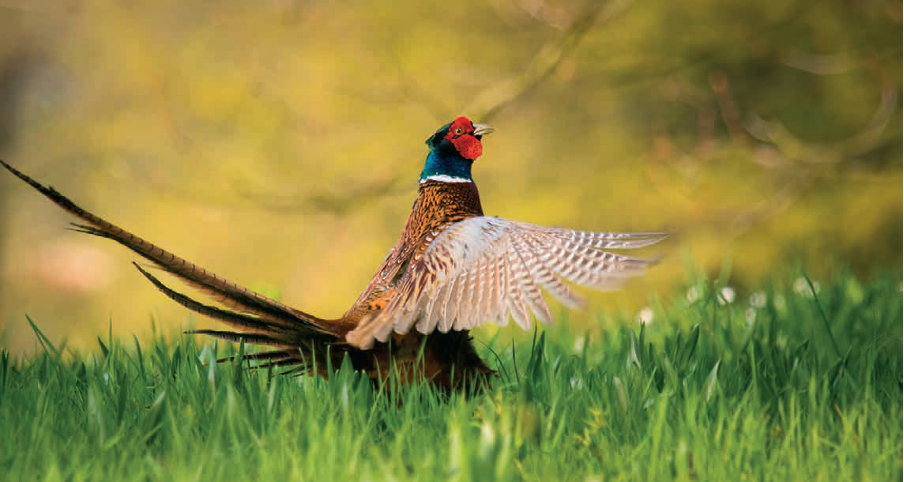
In 2021, a licensing regime was introduced for the release of red-legged partridges and pheasants on or within 500m of European protected sites in England, around 8% of the land mass.
Initially this was via a General Licence up to certain density figures (based on GWCT guidelines), with individual licences required for releases above those densities. But for various reasons that I won’t cover here (visit basc.org.uk for details), the licensing regime was split, with one regime operating for Special Areas of Conservation (GL43) and another for Special Protection Areas (GL45).
This year, a General Licence (GL43) and individual licences will continue to be available for gamebird releasing in or within Special Areas of Conservation. The new GL43 will be similar to the previous version which expired in February, but with additional guidance, so please do visit the BASC website for more information.
Unfortunately, due to the unprecedented high bird flu levels across England, Defra has confirmed that there will be no general licence this year for releases on or near Special Protection Areas (SPAs) and releasing will only be lawful under individual licences issued by Natural England.
On 14 April Natural England published advice with details of different SPAs where it believes an application is likely to be successful with standard mitigation; SPAs where an application is likely to be successful with delayed release; and SPAS where release is unlikely to be permitted unless there are exceptional circumstances that could reduce the risk of bird flu.
This is an overly precautionary approach, and BASC is lobbying the Government and urging its agencies to show flexibility and commit to revisiting licensing decisions if bird flu risk levels drop in line with seasonal trends. However, by the time you read this, applications for individual licences in and near SPAs should be open, and Natural England has said it will aim to determine licence applications within 15 working days.
This is an evolving situation and bird flu levels, together with the various bird species protected within each SPA, are all part of the decision making. Be warned, releasing gamebirds without the proper licences or violating the conditions of a licence could lead to serious consequences, including potential imprisonment, unlimited fines and damage to the reputation of shooting as a law-abiding community.
These are complex and technical matters not of our own making – we have had unprecedented levels of bird flu and now we have an overly cautious agency assessing licence applications.
Shoots impacted need specialist advice to ensure they make the best decision for their situation based on the information available to them. The harsh reality is that not every shoot will get a licence, but BASC will help give shoots the best chance of success with credible evidenced-based applications.
BASC has been hosting webinars for shoots as the situation develops and staff are on hand to help your shoot navigate its way through this, so please check our website for the latest updates and get in touch with your regional team.
Stressful
This is a stressful time for those employed by the shoots impacted and the many individuals and rural businesses that benefit from shooting-related income and expenditure in these areas. We are working hard to resolve these short-term issues and, regarding the principles underpinning the licensing regime and the way it’s being managed, BASC is continuing to find solutions that work for all shoots in the medium- to long-term.
Related Articles
Get the latest news delivered direct to your door
Subscribe to Shooting Times & Country
Discover the ultimate companion for field sports enthusiasts with Shooting Times & Country Magazine, the UK’s leading weekly publication that has been at the forefront of shooting culture since 1882. Subscribers gain access to expert tips, comprehensive gear reviews, seasonal advice and a vibrant community of like-minded shooters.
Save on shop price when you subscribe with weekly issues featuring in-depth articles on gundog training, exclusive member offers and access to the digital back issue library. A Shooting Times & Country subscription is more than a magazine, don’t just read about the countryside; immerse yourself in its most authoritative and engaging publication.



